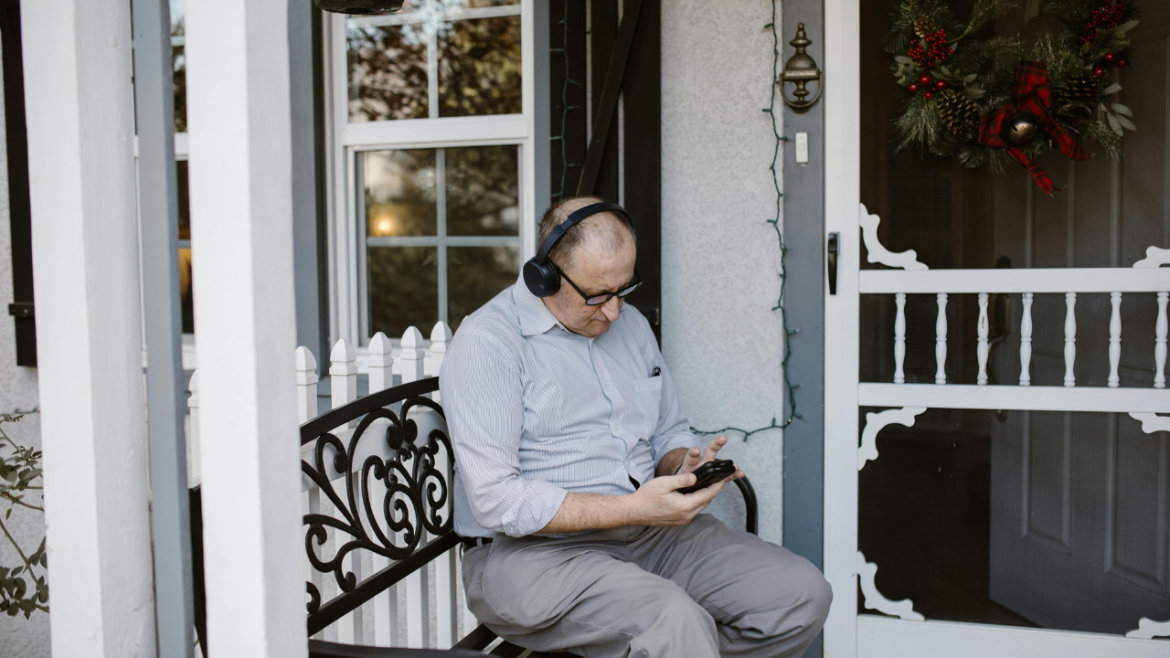Can Music Stimulate Seniors Cognitively?
Music has a profound ability to touch the human soul, evoke deep emotions, and bring back vivid memories. For seniors, it is far more than entertainment; it can serve as a cognitive stimulator, helping to preserve and enhance mental function even in the later stages of life. As the brain ages, neural pathways may weaken, but research increasingly suggests that music offers a unique, accessible, and enjoyable way to strengthen these connections and promote mental well-being.
The melodies, rhythms, and harmonies of music have an intricate relationship with the brain’s cognitive processes, making it a remarkable tool for seniors seeking mental stimulation.
How Music Engages the Brain
Listening to music activates multiple regions of the brain simultaneously. The hippocampus, which plays a key role in forming and recalling memories, is often activated when a song triggers a recollection of past experiences.
Likewise, the prefrontal cortex, which manages decision-making and attention, is engaged when a listener anticipates the rhythm, melody, or lyrics of a piece. This simultaneous activation encourages neuroplasticity, the brain’s ability to reorganize itself and form new neural connections, which is particularly important in maintaining cognitive function in older adults.
Furthermore, rhythm and melody encourage seniors to synchronize physical movement with sound. Tapping fingers, clapping hands, or swaying to a beat promotes motor coordination and strengthens the connection between sensory and motor regions of the brain. This multisensory engagement is especially beneficial for seniors experiencing mild cognitive impairment or early stages of dementia, as it keeps different parts of the brain active and interlinked.
Emotional Benefits That Enhance Cognition
Music has the unique power to evoke emotions, which directly impacts cognitive health. Positive emotional experiences, triggered by music, can reduce stress, lower cortisol levels, and promote relaxation. When seniors feel calm and joyful, their brain functions more efficiently, supporting memory, concentration, and problem-solving abilities. Songs that resonate with personal memories also create emotional connections that encourage engagement and mental activity, turning a simple listening session into a form of cognitive therapy.
The emotional stimulation from music can also reduce symptoms of depression or anxiety, which are common in older adults. Seniors that are mentally and emotionally balanced, their cognitive faculties are better preserved, allowing them to remain more alert and socially connected. Music, therefore, serves not only as a cognitive enhancer but also as an emotional lifeline that fosters a sense of identity and continuity in life.
Incorporating Music Into Daily Life
Integrating music into daily routines is essential for maximizing its cognitive benefits. For seniors, this can take many forms, from listening to favorite songs during morning routines to engaging in group music activities, such as sing-alongs or instrument practice. Learning to play an instrument, even at a basic level, requires focus, memory recall, and hand-eye coordination, providing a full-spectrum cognitive workout that challenges the brain in multiple ways.
Interactive music sessions, where seniors actively participate, may offer even greater benefits than passive listening. Singing along, dancing, or using percussion instruments stimulates attention, memory, and motor skills simultaneously. Additionally, sharing music in group settings enhances social interaction, which is another key factor in maintaining cognitive function. Social engagement combined with musical activity strengthens neural pathways while providing a sense of community and emotional well-being.
Long-Term Impact of Music on Cognitive Health
Evidence increasingly supports that music can be a protective factor against cognitive decline in seniors. Regular exposure to music helps maintain memory, improves attention span, and encourages active thinking. The structured patterns, lyrics, and rhythms in music provide cognitive scaffolding, giving seniors a framework to organize thoughts and enhance memory retention.
In essence, music is not just a leisure activity; it is a powerful cognitive tool. It stimulates multiple brain areas, evokes emotion, encourages movement, and fosters social interaction. By incorporating music into daily routines, seniors can experience enhanced mental agility, improved mood, and a stronger connection to their own memories and identities. Music’s ability to bridge the emotional and cognitive realms makes it an invaluable ally in the pursuit of healthy aging and cognitive vitality.

